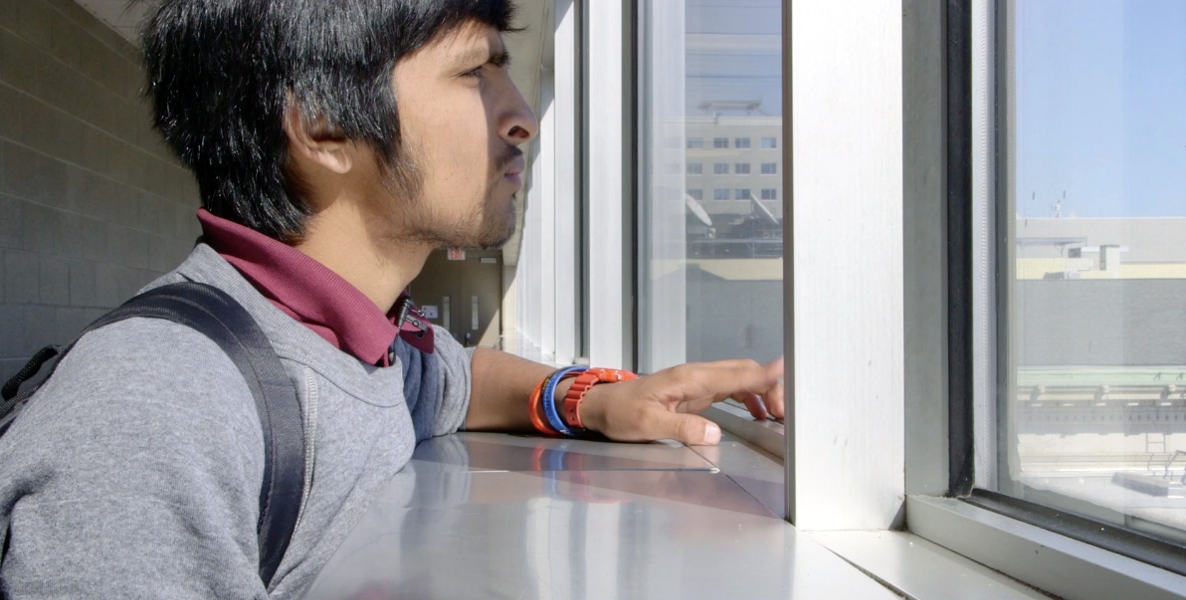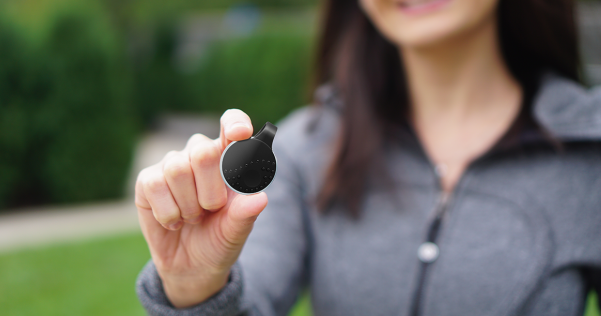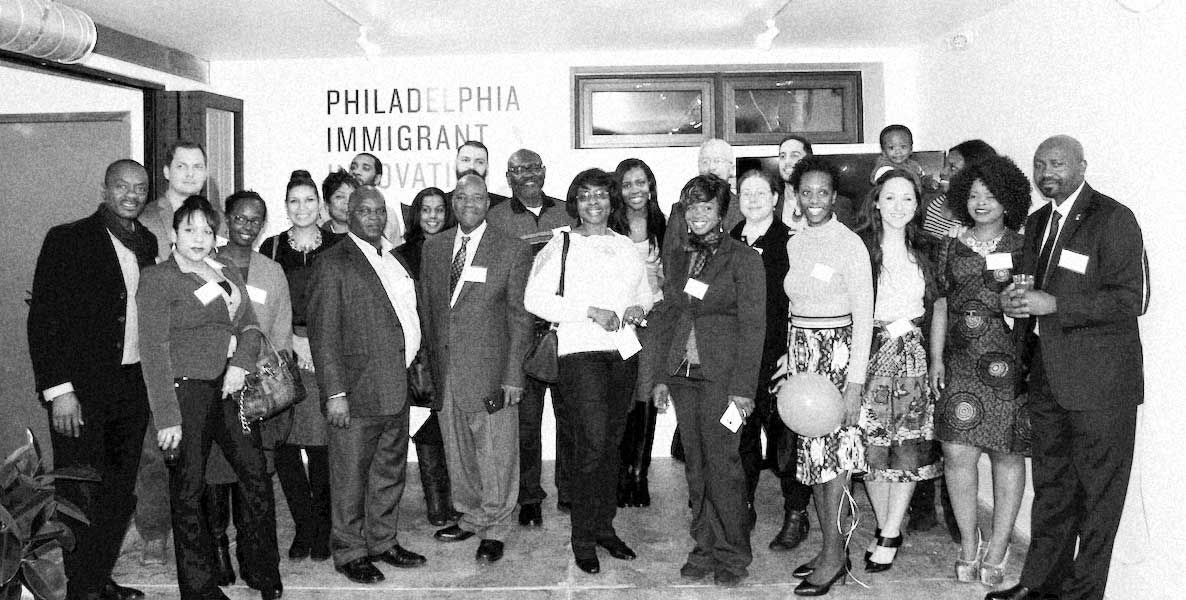When she was a child in Egypt, Hoda Khalil’s grandmother used to make dukkah, a versatile paste made of roasted almonds, herbs and exotic spices. A few years ago, when this childhood favorite started to take off in the foodie-sphere, Khalil, who moved to the Philadelphia area in the 1980s, called her family in Egypt and asked them to send grandma’s recipe.
Then she launched her own specialty food and spice company called “Nanna’s Secret,” named by her own grandchildren, whose flagship product is their great-great-grandmother’s famous dukkah. She now makes her products in a commercial kitchen and sells her products in online markets, Amazon, Whole Foods stores, olive oil shops, and co-ops across the region.
But turning her small kitchen venture into a big business almost destroyed Khalil’s business all together.
“I just knew that there were a few things that I made that I knew people liked,” she says. “But all the business parts I hadn’t really thought about. I was clueless.”
Then the Welcoming Center for New Pennsylvanians, a central resource for immigrants in this area, directed Khalil to a new Philadelphia Immigrant Innovation Hub that opened last year in Mt. Airy to help immigrants open businesses—hopefully in Northwest Philly.
Much of the recent growth in Philadelphia (and the nation) was a result of a dramatic increase in small businesses started by one group. “Immigrants start small businesses at a higher rate than other populations,” says Jamie Shanker, the Commercial Corridor Revitalization and Business Association Manager at Mt. Airy USA.
The Hub, opened through a Knight Foundation’s Cities Challenge in partnership with Mt. Airy USA, the neighborhood’s development corporation, was the answer to Khalil’s business problems. Mt. Airy USA hopes it is also the answer to two questions facing their community: How to revitalize the business corridor on Germantown Avenue, which—though improved over the last 15 years—still has many empty storefronts and houses; and how to reverse the gradual decline in the neighborhood’s population over the last decade.
Community leaders have recognized in recent years that growth, both economically and demographically, depended on development in Mt. Airy and Germantown, a key priority for Mt. Airy USA and other local business associations. Looking at census data and areas of economic growth in other parts of the city, they noticed that much of the recent growth in Philadelphia (and the nation) was a result of a dramatic increase in small businesses started by one group: Immigrants.
“Immigrants start small businesses at a higher rate than other populations,” said Jamie Shanker, who is the Commercial Corridor Revitalization and Business Association Manager at Mt. Airy USA.
In fact, a report released in 2012 by The Partnership For a New American Economy showed that immigrants are more than twice as likely to open a business than someone born in the U.S. In 2011, 28 percent of all new businesses were started by immigrants, even though they made up less than 13 percent of the overall population.
The economic impact of immigrants in PhiladelphiaCheat Sheet
In Philadelphia, whose growth is much slower than other cities—dropping it from sixth largest metropolitan area to seventh this year—the loss of native residents has been offset by an influx of immigrants. But most of these immigrants are settling in South Philly, the Northeast or the suburbs.
So for Mt. Airy the problem, but also the opportunity, lies in the lack of immigrants. “The Northwest hasn’t experienced much, if any, of that growth really over the last decade,” notes Mt. Airy USA President Brad Copeland.
The Hub aims to change that. A storefront on Germantown Avenue in Mt. Airy, the Hub provides tools, classes, individual support and a physical space for immigrants who are at various stages of developing their business ideas. It allows them to work with experts and other cohort members, learning from each other as well as from entrepreneurs who came before them. The resources are free, and utilize connections within the existing Philadelphia business community. Organizers hope the Hub will draw innovative immigrants to Northwest Philly for its services, and then encourage them to open their business, or even move, to the neighborhood.
“We essentially want to get them up here and then help them fall in love with the neighborhood,” says Copeland.
The Hub is a storefront on Germantown Avenue in Mt. Airy that provides tools, classes, individual support and a physical space for immigrants who are at various stages of developing their business ideas. It allows them to work with experts and other cohort members, learning from each other as well as from entrepreneurs who came before them.
So far, three cohorts of immigrants, about 40 people total, have gone through the Hub. Copeland says it is too soon to know how many of those businesses, or owners, will move to Mt. Airy.
The Knight Foundation funding helped to renovate a building owned by Mt. Airy USA, and to operate through the end of this year. After that, Mt. Airy USA is still deciding how to continue funding, possibly a combination of grants, partnerships and paid memberships for members who want to continue to use the services after the first year. They may also offer use of the coworking space to local native-born entrepreneurs for a fee, which would not only be a revenue stream, but also a way to increase the network of entrepreneurs connected to the members. Costs, though, are low: Classes are organized by The Welcoming Center and many of the classes and and networking events are funded through strategic partnerships with local businesses.
For Khalil, her business might not still exist if not for the Hub. On the verge of abandoning the project because of a lack of business-savvy and a seemingly insurmountable list of issues that she was ill-equipped to tackle, Khalil says the Hub helped her to identify, prioritize and start solving some of her business’s biggest challenges.
Use the Immigrant Innovation Hub's servicesDo Something
On another occasion, Shanker helped Khailil revive her moribund Facebook page, showing her how to schedule posts, think of different things to write on the page, and engage her readers. Then she attended classes about social media marketing and learned how to use other social media platforms, how to advertise her brand, and how to post about other things that may interest her target audience in order to grow her consumer base and get the word out.
“It’s really good when you have very limited resources to have access to all of this specific expertise and it’s for free,” says Khalil. “It is help that I didn’t even know existed. I thought it was going to be classes in accounting and this and that, and that’s all very helpful, but it ended up being so much more than that.”
The Hub offers the basics, too, with intensive classes in accounting, marketing, building a comprehensive business plan, how to build credit and get loans. Linda Stewart, who runs her own catering business called MotoMoto Kitchen, says the most valuable parts of the Hub for her have been the individualized business plans that they help create with each member, the credit building workshops, and the physical collaborative workspace that is free for members. Mt. Airy USA and its partners also helped her look at her credit and how to improve it, an imperative to getting necessary loans to cover startup costs but something that is very confusing for many who are new to America.
The Citizen on immigrants and their businessesRead More
Khalil’s perspective has definitely changed. Instead of viewing her products as a renewal of a family recipe or depending on her own grandchildren’s tastes and preferences, she now sees her business as what it is: a business.
“It may be great that my husband or my kids like it, but are other people going to buy it? Can it be part of the business? Does it make sense as a revenue stream?” These are all questions she asks, now, with palpable confidence.
Photo Header: Philadelphia Immigrant Innovation Hub







